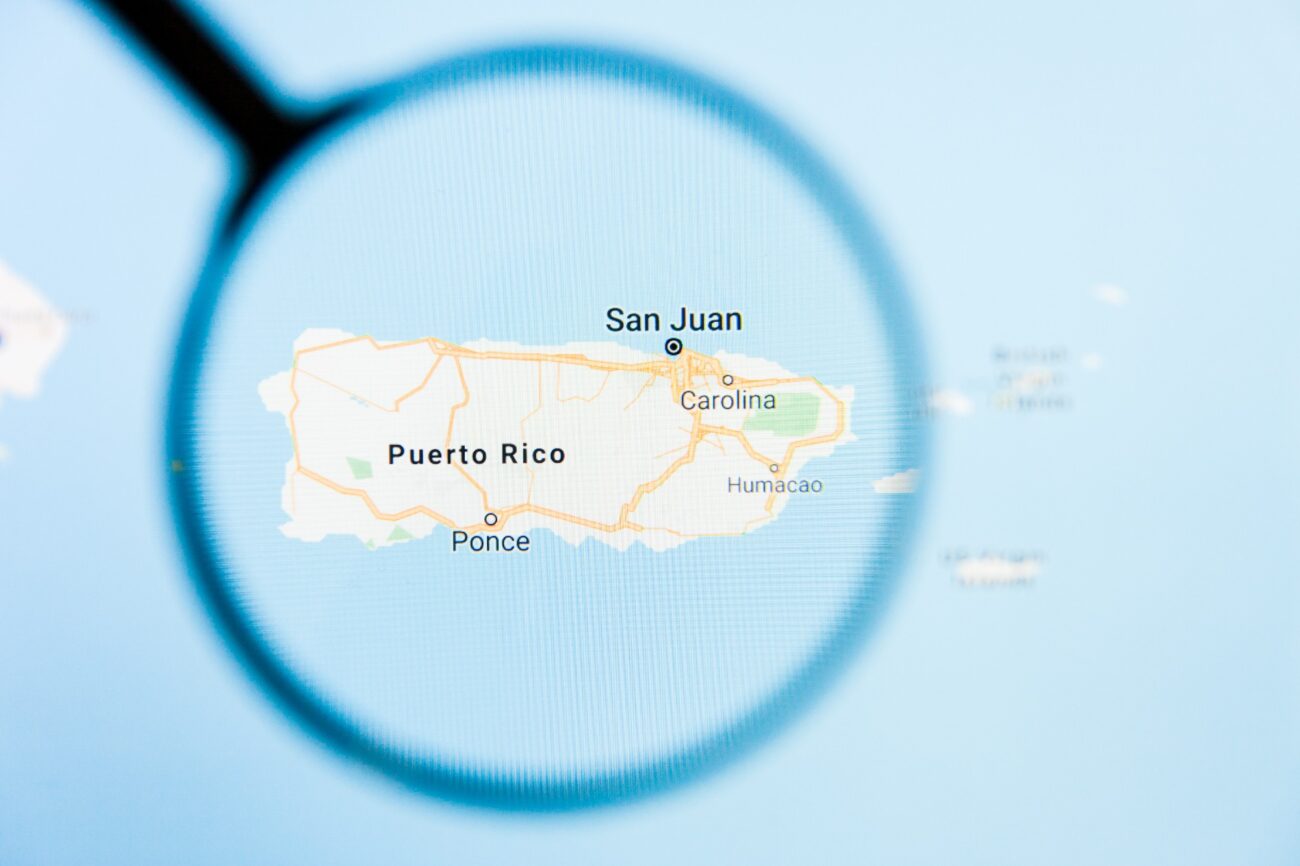Puerto Rico’s COVID-19 cases increase; openings postponed
Country’s curfew remains in effect
Puerto Rico has seen a spike in COVID-19 cases, pushing its governor to announce major rollbacks including the continued closure of leisure establishments such as bars, gyms, theaters, and casinos.
As of writing, the U.S. territory has recorded more than 10,000 cases of coronavirus patients, 172 of them had died. This is according to the database of Johns Hopkins University.
Governor Wanda Vázquez said these changes and the ongoing curfew of 10 p.m. to 5 a.m. will remain in effect until July 31. “We’ve reached a level where we need to take more restrictive measures,” she states in a report of the Associated Press.
Prohibition of alcohol sales after 7 p.m. and the travel ban of tourists to popular nearby islands, Vieques and Culebra have also been included in these preventive measures. Restricted use of beaches has also been imposed, leaving only those exercising to be allowed access.
The governor adds that a budget of $100 million will be allocated to support municipalities while another $150 million will be geared to aid private hospitals. The U.S. Federal Aviation Administration has also been asked to temporarily suspend flights from states that are experiencing their own spikes in COVID-19 cases – particularly Texas and Florida.
The island’s economic crisis is expected to worsen from the postponement, leading to a decrease in tourism.
As of recent, wearing a mask, and taking a molecular test 72 hours prior to visitors’ arrival and submitting the results to airport officials are required. A two-week quarantine will be enforced to those who either test positive or are
unable to do the requested.
Gov. Vázquez’s late response under scrutiny
In an effort to contain a resurgence of the coronavirus, the actions of Puerto Rico’s governor are similar to those of many public officials in some U.S. states and around the world.
Critics have had their careful eyes on the governor’s actions saying that she waited too long to make the announcement–which came almost a month after she reopened most establishments despite warnings from her advisers.
According to Dr. José Rodríguez Orengo, executive director of The Puerto Rico Public Health Trust, the percentage of positive cases in the country have increased 10-fold in the end of June alone.
“If we don’t take the necessary measures, this is going to keep going up,” he shares in a phone interview with the Associated Press.
At the time of this writing, the island of 3.2 million people has recorded more than 3,000 confirmed coronavirus cases, more than 7,450 probable ones and at least 172 deaths.
Puerto Rico’s local gov’t units think one-step ahead
Fortunately, ahead of the governor’s announcement, mayors in cities and towns across the U.S. territory took fate into their own hands as concerns about the spike spread.
Some, like the popular tourist town of Rincón, closed beaches while others limited restaurants’ services to take out and delivery. Contact tracing efforts have also been launched due to the central government’s incompetence in tracking cases.
In the capital of San Juan, Mayor Carmen Yulín Cruz banned anyone who is not a resident, worker, or tourist from entering the historic Old San Juan from 10 p.m. to 5 a.m. Along with this, her office will be imposing fines to anyone not wearing a face mask in public spaces.
Lastly, in the towns of Añasco and Vega Baja, mandatory registration of friends or family visiting from outside the island and cancellations of all recreational and sporting events for the rest of the year have been enacted respectively.
“This is the type of mentality that we need – it’s evidence-based,” says Daniel Colón-Ramos, co-founder of CienciaPR, a nonprofit group of Puerto Rican scientists.
He later tells Associated Press that the exponential increase in cases from existing data is worrisome.
While Puerto Rico’s government has updated its coronavirus data, improved its contact tracing efforts and reporting an average of up to 4,000 molecular tests made per day – more effort is still needed.



